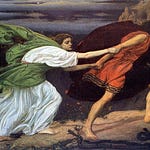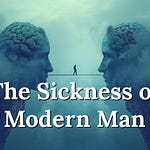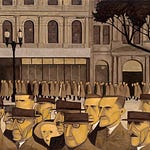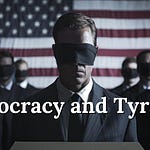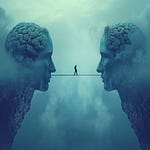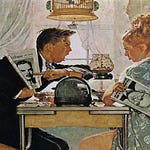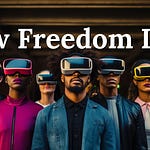“But here begins a new account, the account of a man’s gradual renewal, the account of his gradual regeneration, his gradual transition from one world to another, his acquaintance with a new, hitherto completely unknown reality.”
Fyodor Dostoevsky, Crime and Punishment
In this series of videos we are exploring the power of the unconscious mind by focusing on how it can be used as the object in the cultivation of a religious attitude towards life. In the first video we looked at the nature and structure of the unconscious while in the second video we examined the nature of religion and the role the unconscious can play in a religious life. As was discussed to be religious does not require adherence to any dogma or membership with any church, rather at essence religion is defined by an individual’s relationship to whatever he deems divine. The divine can be a god, or gods, that exist outside of us, the transcendent order of nature, or any entity, order or being which in the words of William James is “both other and larger than our conscious selves.” (Varieties of Religious Experience) In this series we are exploring the divine in the sense of an inner god that is housed within, or at least expresses itself through, the structure of the unconscious mind. “There is in the psyche some superior power,” (Psychological Types) writes Carl Jung, or as Lancelot Whyte expresses it in The Unconscious Before Freud:
“For today faith, if it bears any relation to the natural world, implies faith in the unconscious. If there is a God, he must speak there; if there is a healing power, it must operate there; if there is a principle of ordering in the organic realm, its most powerful manifestation must be found there.”
Lancelot Whyte, The Unconscious Before Freud






